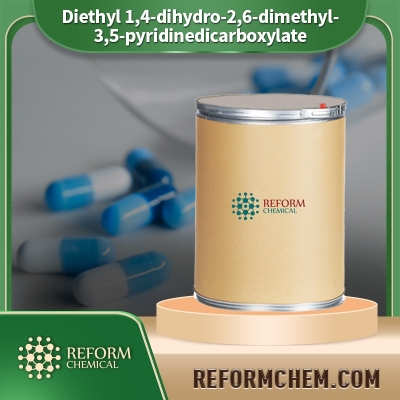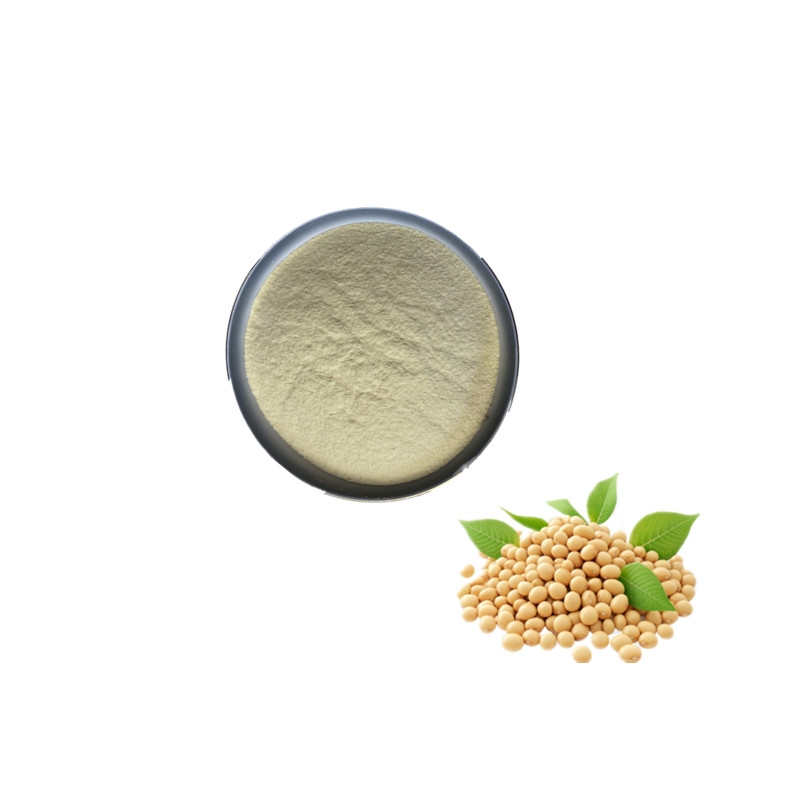China's aquatic products export faces many trade barriers
-
Last Update: 2008-11-03
-
Source: Internet
-
Author: User
Search more information of high quality chemicals, good prices and reliable suppliers, visit
www.echemi.com
Introduction: rich resources and low labor price make China's aquatic products export and processing trade have a broad market in the world, especially in developed countries and regions such as the European Union, the United States, Japan and South Korea However, the EU's overall embargo on aquatic products in China has raised the level of how to break through the technical barriers for aquatic products export enterprises in China to an unprecedented level In recent years, with the acceleration of economic globalization and trade liberalization, tariffs have been gradually reduced, and non-tariff measures such as import and export quotas, licensing system, foreign exchange control have been increasingly restricted and restricted On the contrary, technical trade measures with technical regulations, technical standards, certification system and inspection system as the main contents are prominent, with more and more influences and functions Nowadays, technical trade measures have become more complex and hidden, and technical barriers have become the most common and difficult to deal with trade barriers, which mainly include technical regulations, technical standards, quality certification (conformity assessment), inspection procedures and inspection procedures, measurement unit system, packaging, labels, bar codes, etc., and have expanded from the field of commodity circulation to the field of production and processing, It not only includes goods and commodities, but also extends to finance, information and other service industries It has become the main component of non-tariff barriers and an important means for countries to protect industries and promote the development of foreign trade Technical trade measures have now become the main barrier to China's export, replacing anti-dumping and becoming the largest non-tariff barrier facing China's export China's annual exports affected by anti-dumping measures account for only about 1% of the annual exports, while the exports affected by technical trade measures have exceeded 25%, about 45-50 billion US dollars The traditional export market of aquatic products in China is mainly in the European Union, the United States, Japan, South Korea and other places Since 2001, the European Union has set restrictions on the import of animal derived products in China, and foreign businesses such as the United States, Japan, South Korea have also tried their best to reduce the price, which makes the export of aquatic products in China very difficult In order to keep customers, domestic enterprises have to reduce their prices, resulting in a sharp drop in profits; at the same time, they are afraid that the prices are too low, causing anti-dumping sanctions, sometimes forced to give up orders What's more, at present, the United States, Japan and other countries have improved their standards in the detection of aquatic products Technical barrier has become a barrage, from all over the world besieged our country's "shrimp soldiers and crab generals" 2 "Green barrier" what developed countries love now is the so-called "green trade barrier" Green barrier is essentially a kind of technical barrier, but it is more covert than other technical barriers because it mainly protects the environment and human health For example, in the name of protecting the environment and the health, safety and health of human beings, animals and plants, the content of harmful substances in commodities should be set up with higher indicators, so as to restrict the import of commodities; in the name of protecting the environment, the import of commodities should be restricted by making strict and compulsory technical standards that developing countries can hardly reach through legislative means; the imported products should be required to obtain "green environment" In order to control the imported goods strictly, "green health and quarantine system" is carried out by the customs, which makes it difficult for the imported goods to enter the customs or spend a lot of time and money when entering the customs In order to require "green packaging" to increase the cost of imported goods, especially the issue of ecological labeling, will become an important and insurmountable "green barrier" for developing countries Developed countries, by virtue of their economic and technological monopoly advantages, have formulated many harsh environmental and technical standards and regulations through legislation or other non mandatory means, which limit and distort the healthy development of international trade and violate the purpose of WTO / TBT Agreement For example, since January 2002, South Korea has strengthened metal detection standards for aquatic products, and the European Union has completely banned aquatic products that it considers to be polluted in the water (SEA) area Through the establishment of green technology standards in developed countries, the cost of China's export products has been greatly increased, and the international competitiveness of such products has been weakened In order to obtain the "green pass" of foreign countries, on the one hand, Chinese foreign trade enterprises have to spend a lot of expenses on inspection, testing, evaluation, purchase of instruments and equipment, on the other hand, they have to pay a lot of certification application fees and mark use fees Under the influence of cost and countervailing measures, some developed countries impose "green tariff" on our export goods, which makes these products lose the price advantage in the fierce international competition and restricts the development of our foreign oriented aquaculture industry 3 "Digital barrier" and "digital barrier", also known as information technology barrier, refer to the barrier of trade caused by the expression of trade-related information that is not connected, does not conform to the requirements of importing countries The asymmetry of information technology between the two sides of trade, such as online announcement, online ordering, online payment, online transaction, etc., is not achieved by the exporter Its measures mainly include EDI, bar code, commodity identification, labeling system, measurement unit system, B2B, e-government, etc Taking e-commerce as an example, many developed countries have clear timetables for entering e-commerce, and many industries have also listed timetables Many countries are trying to seize the market opportunities in e-commerce However, compared with most other industries, the aquatic industry needs e-commerce more Because its main raw materials and products are mostly fresh products, the rapid turnover of inventory, instant distribution and instant service are required in commercial activities It should be an inevitable trend for the aquaculture industry to strengthen international trade and popularize application in the form of e-commerce But at present, most of the domestic aquatic products websites are in the initial stage, and many website functions are not perfect, especially in the use of the network, small and medium-sized enterprises are basically in the coping type, the government or merchants can only do it when they have requirements, but they do not know the information published by foreign merchants on the Internet, and they can not operate online transactions, because of the gap in the popularity of the network, a "barrier" has been formed 4 "Equipment barrier" and "equipment barrier" mainly refer to the technology, equipment and basic research of quality inspection The quality of aquatic products exported is not high, drug residues exceed the standard and anti-dumping and other issues have become an important factor restricting the expansion of aquatic products exports These problems mainly lie in the quality inspection department First, the sense of responsibility and second, the technical equipment The main way to solve the problem of responsibility is to improve the quality of inspectors, firmly control the exit customs and strengthen the inspection Products that do not meet the requirements are not allowed to be exported We will take more effective measures to improve the quality of export commodities and actively support the expansion of aquatic product exports At the same time, we should study hard to break and cross the technical barriers of foreign countries But in technology and equipment, it is difficult for a single enterprise and unit to solve It reflects the comprehensive strength of the country from one level Technical means and basic technical work have a direct impact on the quality of work of the quality inspection department Compared with the requirements of national economic development and the testing level of some developed countries, the existing technical status and capacity of quality inspection departments in China still have a big gap, which is highlighted in many foreign indicators such as items, contents and quantities that can be tested, such as the chloramphenicol content of prawn and crawfish in the United States, Canada and the European Union can be tested to 0.3ppb, or 3% of 10 billion Now we are Not yet Therefore, because our detection methods and methods can not keep up with each other, lack of corresponding equipment, fail to meet the requirements of foreign countries, restrict the export and affect the development of enterprises.
This article is an English version of an article which is originally in the Chinese language on echemi.com and is provided for information purposes only.
This website makes no representation or warranty of any kind, either expressed or implied, as to the accuracy, completeness ownership or reliability of
the article or any translations thereof. If you have any concerns or complaints relating to the article, please send an email, providing a detailed
description of the concern or complaint, to
service@echemi.com. A staff member will contact you within 5 working days. Once verified, infringing content
will be removed immediately.







